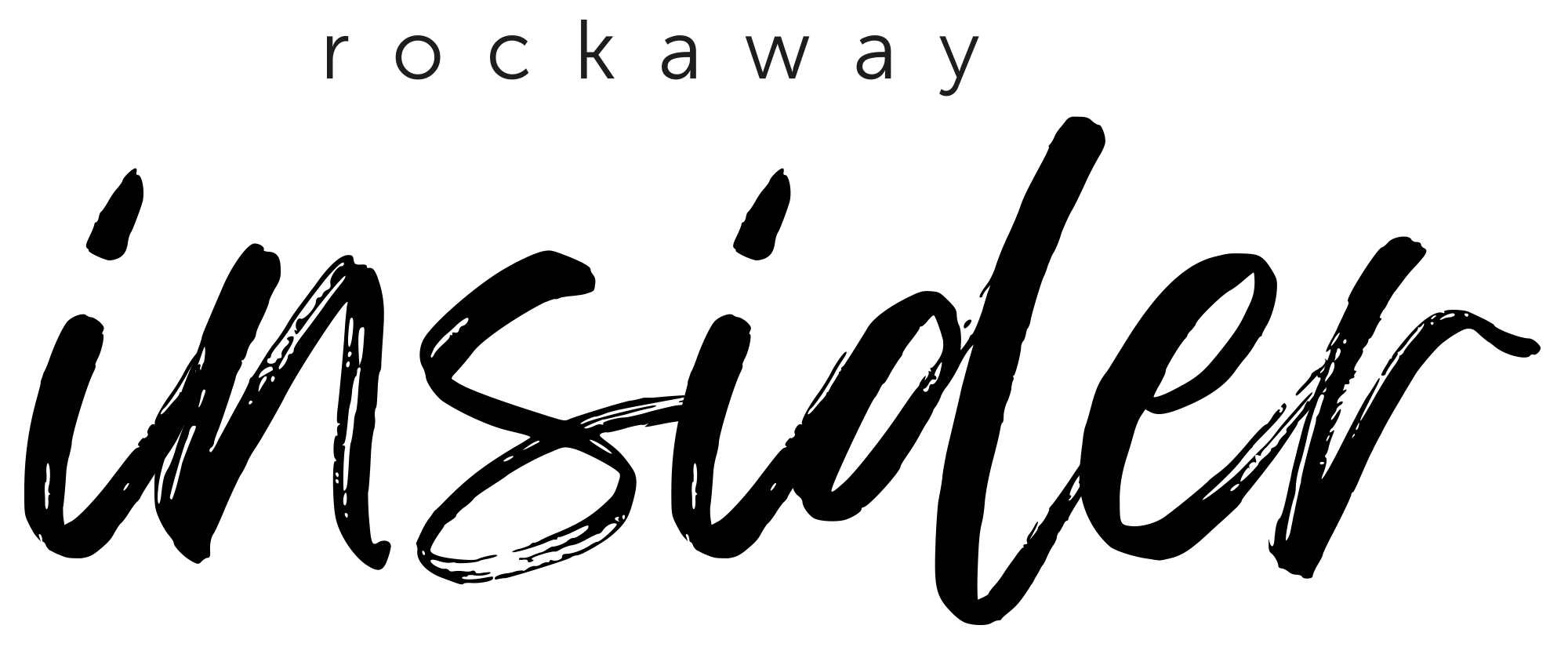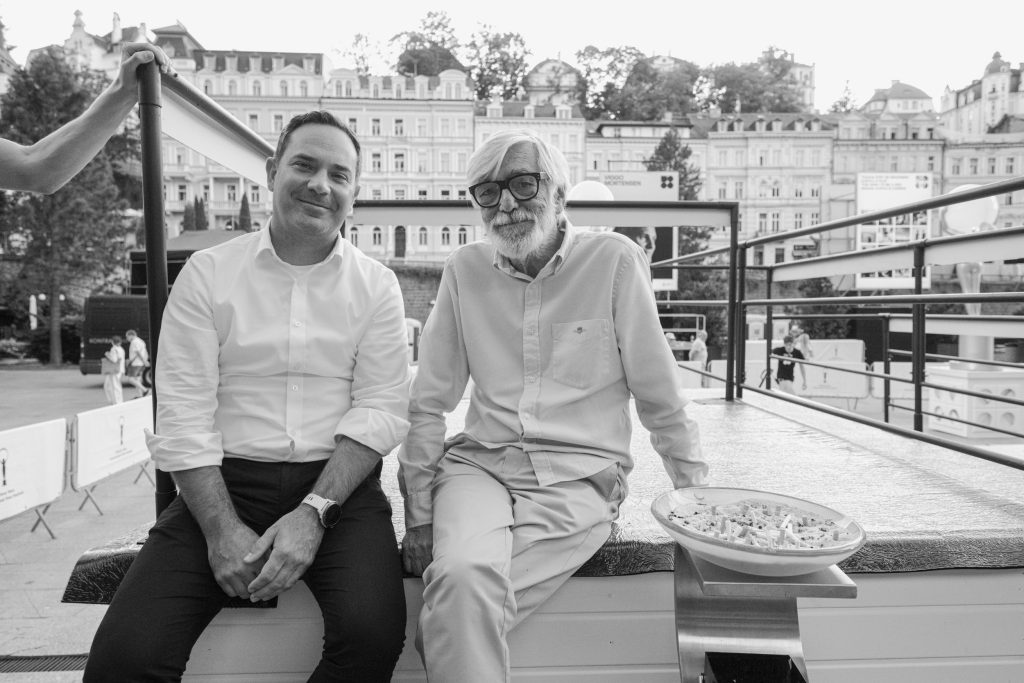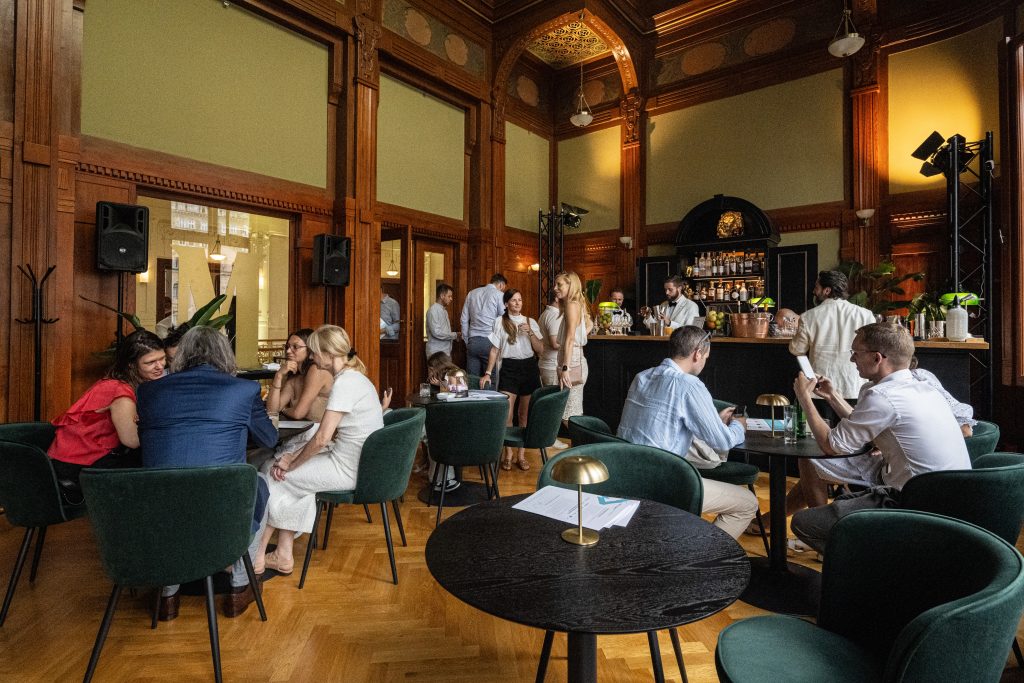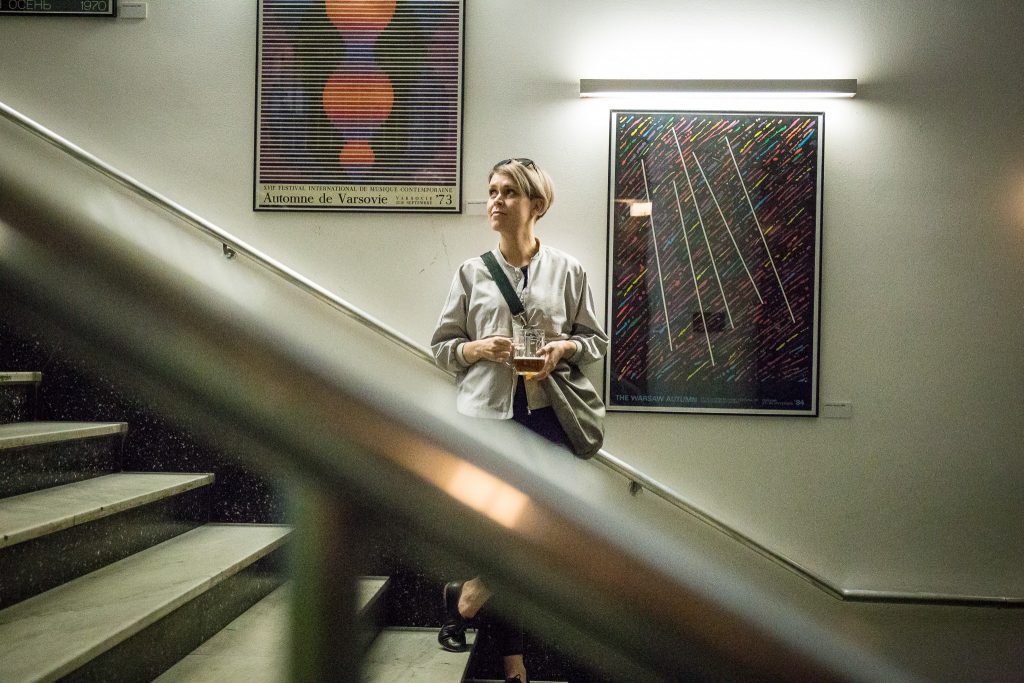All newsRockaway Insider with Karel Och, KVIFF Artistic Director
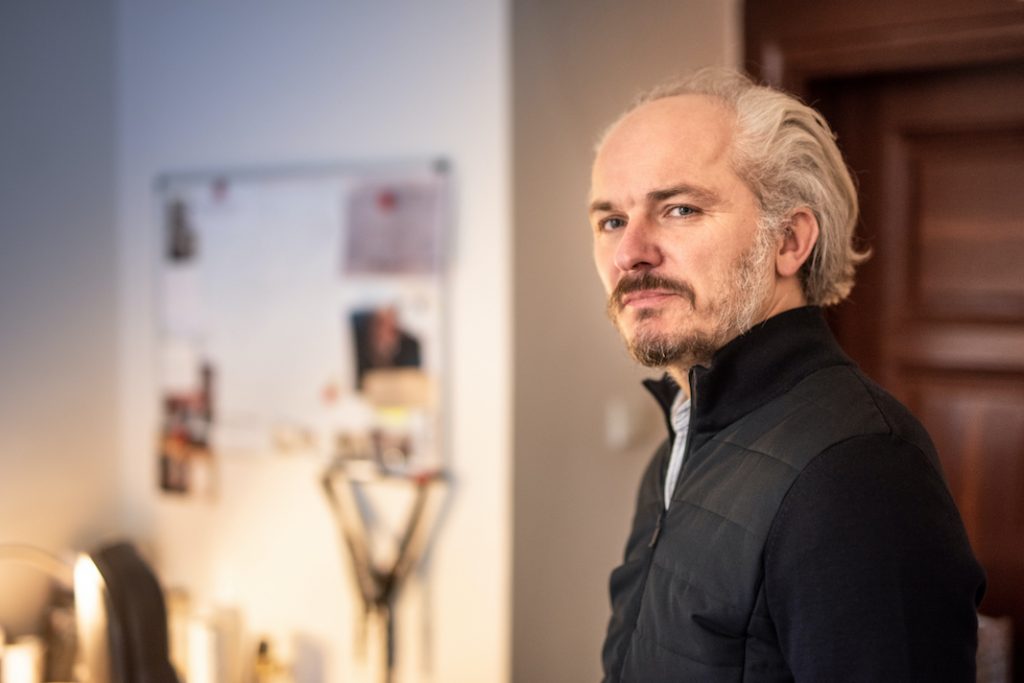
Do you “visit Vary”? By this I mean going to the popular film festival in Karlovy Vary every year. If you do, you watch movies selected for you by Karel Och and his team. He’s been working with the festival for over twenty years now, and eleven years ago took over as Artistic Director from Eva Zaoralová. Films as such and everything related to them are Karel Och’s daily bread and above all his greatest passion – and he speaks with the same fervour about the importance of the team of people around him.
One learns from one’s mistakes. What mistake taught you the most, and what, specifically?
Around midway through my hitherto twenty-year career I switched from being a team member to a team leader. Similar transformations are usually accompanied by certain mistakes of the managerial type, especially in the beginning, including those related to transforming the collective under your management.
In our industry, teamwork, dynamics, and energy are the key to everything. We watch films together, we try to bring them to Karlovy Vary, we spend long hours debating whether to accept a particular film or not. One learns by gathering experience, and managing a team is often alchemy – it has its beautiful moments, but also pitfalls, and one has to combine humility with a necessary measure of rules so that your colleagues know exactly which path to take.
What inspiring book influenced you most, and should we read it?
Books in general are something that allows one to transcend life’s troubles even in the most difficult times. I try to read as much as possible, and books are a critical source of both energy and solace for me. In connection with my profession, I have to mention someone who had a key influence on my during my studies – Professor Jiří Cieslar, at the time the head of the Department of Film Studies at the Faculty of Arts, where I was studying with a number of my future colleagues. He was a very complex and interesting individual, not only a film critic, but also an essayist and literary figure. From the several books he’s had published, such as Concetta’s Look Back or Voice of a Diary, it is clear that he’s a writer who’s capable of taking film out of a sort of ghetto, or let’s say, limiting enclosure. He made writing about film interesting even for those not from the industry. It’s truly fantastic reading, something that in my eyes is being continued by Jiří Peňás or Ondřej Štindl, who are among the most interesting journalists today. Jiří Cieslar’s books also had a big influence on me because I realized the complex relationship film, the love of my life and later also my work, has with other types of art, with society, and so on.
Which work-related decision got you where you are today?
You know, more than based on some decision, these things happened by coincidence, due to circumstance, and thanks to me encountering people who had a key influence on me – one of them was my predecessor, Eva Zaoralová, the lady who passed her function on to me ten years ago.
Perhaps it was the decision in 1996 to prematurely leave law studies after I realized that it really wasn’t the direction I wanted to take. And also that I was accepted to film studies at the Faculty of Arts, which laid the foundations for the work I was offered after the festival in 2001 by the programme director.
Which of your skills do you work on because you consider it to be the most important in the future?
One thing has never let me down: the ability to maintain an instinct that helps me hack my way through the jungle of hundreds of films and their related individuals, and try to find out whether a given film would be interesting for viewers. This instinct becomes more important and critical as one gains experience, and one trusts it more and thus himself, which is especially important in moments when there’s a need to make a decision that is seen as controversial.
And then there’s of course the hard-to-achieve combination of humility regarding the work of others and one’s own uncompromising taste. Loads of filmmakers spend years on something as key as transferring their personal feelings and vision of the world into films. One has to take them seriously, even though I might have quite a hard time identifying with some examples of their work, but one also has to depend on one’s taste, even at the price of disappointing a number of people. It’s not easy – on the one hand, you don’t want to be a smug big shot who scorns films, but on the other you have to know what programmatic path you and your colleagues are trying to follow.
How can you keep your wits about you when the company is having a crisis?
Once again: one of the most important parts of my job is the team. No programme director can do their work without a group of people who have worked with them for some time, who they respect, whose opinions they look forward to, and the far-ranging and long discussions, not only about films. These are very personal and important discussions.
Only a close-knit team of people can make it through difficult moments like last year’s forced cancellation of the 55th KVIFF. And we did. But this close-knit nature is also important for positive perception of the event – both the general public and professional viewers and visitors to the festival can feel it from the whole team. And that applies to the festival’s entire staff, because a festival isn’t created only by its programme team. This positive energy always makes itself felt and visitors want to be part of it. This creates an amazing atmosphere at the festival.
What do you consider to be KVIFF’s biggest success in recent years, and why?
Every large film festival is a very complex world made up of various components – backpackers, film professionals, locals, whose lives change for a week in a relatively significant way, representatives of partners without whose help and contributions the festival would never come about… And the KVIFF’s greatest success is that all these components coexist in amazing symbiosis. A sponsor’s representative and a film student can sit together in one row in the cinema at the Thermal Hotel, and after the film ends they can discuss it. There aren’t any barriers that would prevent people from communicating and reinforcing this atmosphere.
And as far as perception of the festival abroad goes, that too is something that makes us very happy. Several years ago The Guardian placed the Karlovy Vary festival among the six most important European film events. For every festival, it had its reason, and for Karlovy Vary it chose “Cinephilia on a Budget”, meaning a festival that’s accessible even to those without that much money, such as students. We haven’t changed the price of festival passes for almost 20 years, and really want to accommodate everyone.
What was your best investment in life?
Investing in languages. They’re my second passion, because by studying languages you learn about other cultures and get closer to people, which sounds trite, but is true. You arrive at a certain place, you can listen, start a conversation, perceive life’s beauty or problems. And of course understanding films from countries whose languages you speak is much easier, which is why I’ve got a relatively close relationship with films from Italy, France, Spain, and southern Europe in general. Through language, one can connect with them more. It’s an investment that can never fail for anyone; learning languages also supports certain important human characteristics, such as empathy: it makes you more sensitive toward others. And being sensitive toward others is something we should all be to the greatest possible degree.
___
![]()
Did you like this interview?
The Rockaway Insider Newsletter is published every second Wednesday morning – subscribe now.
By clicking on “Subscribe” you agree to subscribe to the Rockaway Insider newsletter using the specified e-mail address. You can cancel your subscription at any time directly in the newsletter.
___

